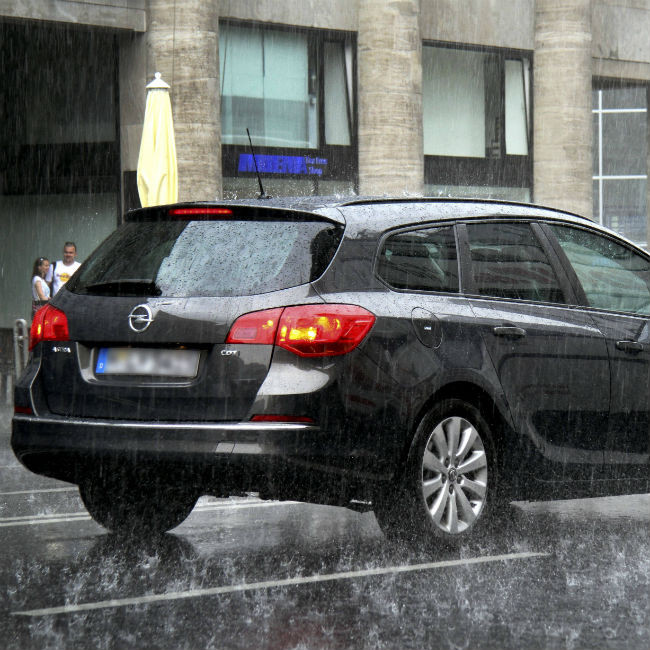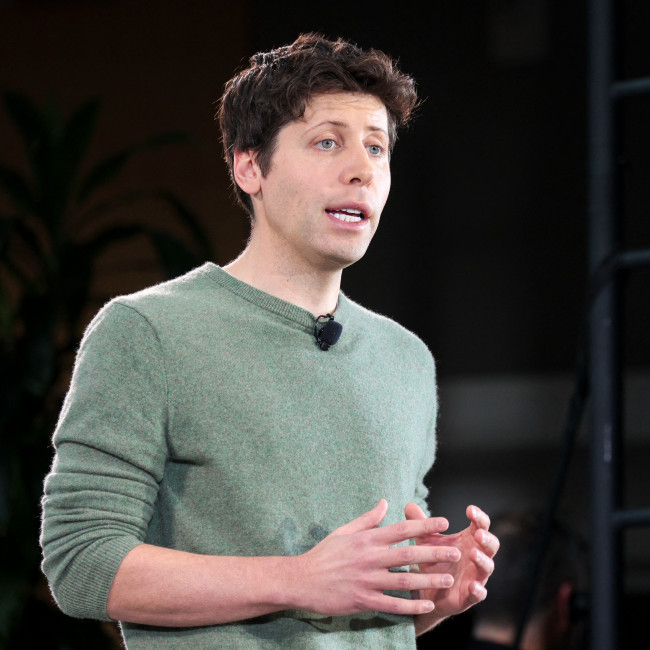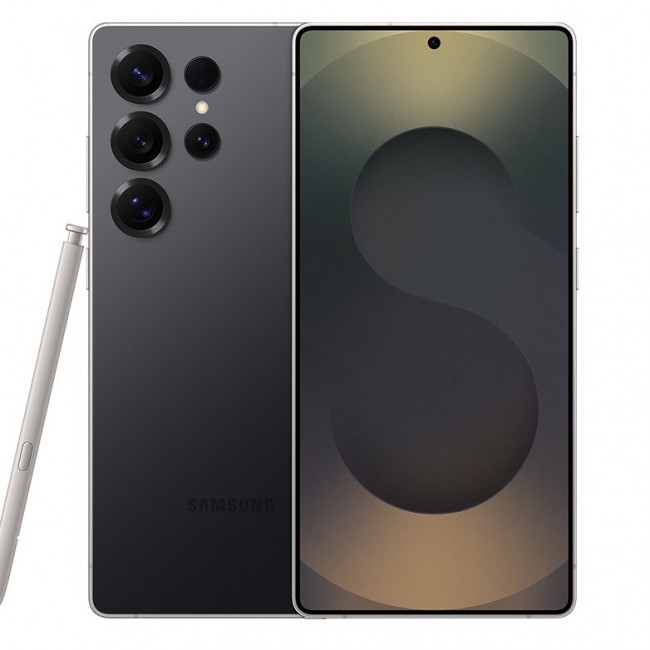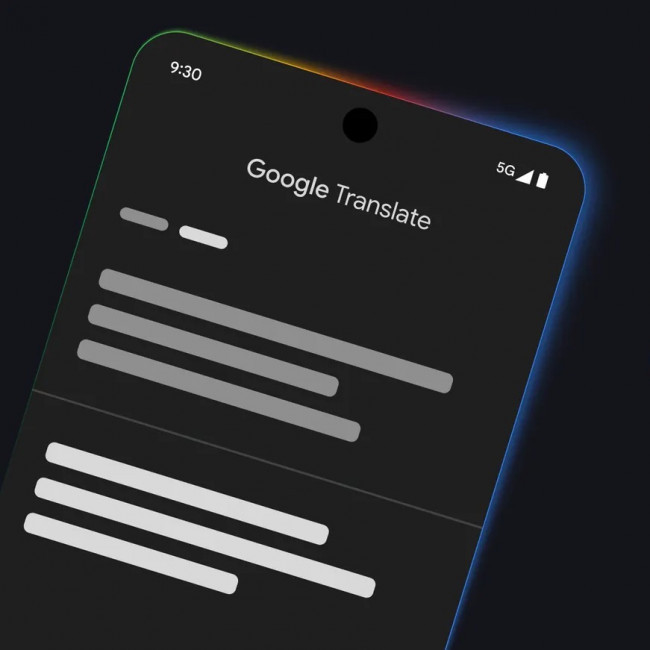Self-driving cars that eliminate traffic jams and receiving a healthcare diagnosis instantly without leaving your home might be a step closer to reality, after new research made a breakthrough in semiconductor technology.
Self-driving cars that eliminate traffic jams could be a step closer to reality, thanks to new research.
Researchers at the University of Bristol have made a breakthrough in semiconductor technology, which could speed up the delivery of 6G.
Martin Kuball, Professor of Physics at the University of Bristol and co-lead author of the research which is published in the Nature Electronics journal, said: “Within the next decade, previously almost unimaginable technologies to transform a wide range of human experiences could be widely available.
“The possible benefits are also far-reaching, including advances in healthcare with remote diagnostics and surgery, virtual classrooms and even virtual holiday tourism.
“In addition, there is considerable potential for advanced driver assistance systems to improve road safety and industrial automation for greater efficiency. The list of possible 6G applications is endless, with the limit just being human imagination. So our innovative semiconductor discoveries are hugely exciting and will help drive forward these developments at speed and scale.”
It’s also hoped this will help to make receiving a healthcare diagnosis instantly without leaving your home, or feeling the touch of loved ones based across the continent, a quicker reality.
Self-driving cars that eliminate traffic jams could be a step closer thanks to new research









